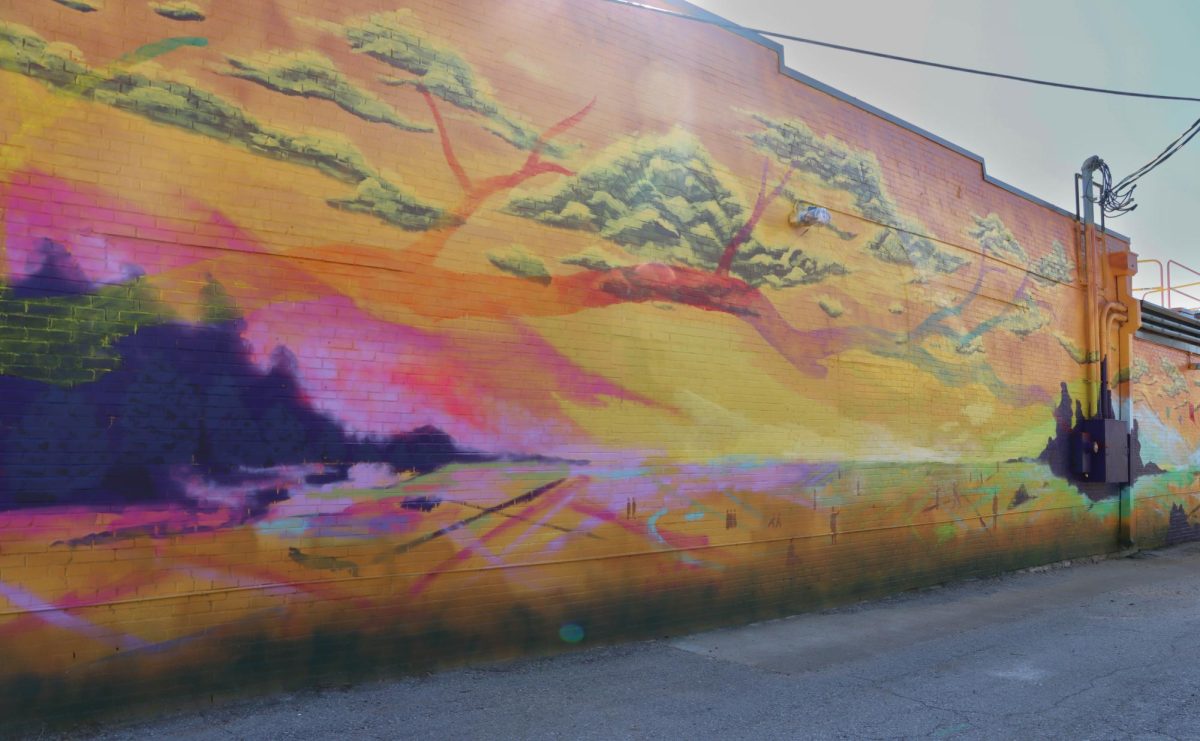Although many people across the world have tried to put the terrorist attacks that occurred five months ago behind them, the effects of Sept. 11 are still felt, especially by foreign students studying in the United States.
According to Jennifer Ewald, director of the International Center at Saint Louis University, there have been some problems and concerns resulting from government policy changes following Sept. 11. It now takes students longer to obtain a visa for entry into the U.S.
She also said that occasionally students have had problems in obtaining visas or access at ports of entry.
However, Ewald has some worries regarding the singling out of foreign students while they comprise less than 2 percent of all visas issued for entry into the U.S.
“There are concerns that pending legislation would unfairly target international students requesting visas while doing nothing to establish standards for tracking any of the nonstudent visa categories,” Ewald said. “Eliminating or severely restricting the student visa category will result in negligible improvements to national security and will hinder what has historically been one of the most successful venues for international trade and diplomacy.”
Despite increasing security regarding student visas, according to Ewald, the International Center has been asked to increase international student enrollment, which is why she often travels to Latin America, the Middle East and Southeast Asia for recruitment.
“We admit students based on their academic viability and do not discriminate based on race, religion, ethnicity or country of origin,” Ewald said. “There has been no change to that policy and the International Center is actively engaged in admitting international students to Saint Louis University.”
There are, however, some requirements for keeping track of foreign students at SLU.
Established by the government years ago, these regulations say that international students must be monitored both by the schools they attend and the federal government, Ewald said. They are the only visa holders who are monitored by two institutions.
According to Ewald, all foreign visitors coming to SLU, for any reason, must also report to the International Center so that their passports, visa and admission documents can be copied and their status’ verified according to Immigration and Naturalization Service’s regulations.
If a visitor’s status changes while visiting SLU, the International Center is required by law to report it to the INS, Ewald said.
The center also helps visitors with the paperwork needed to stay in the U.S.
While regulations such as these can become tedious and often a headache for international students, Ewald thinks they are a crucial part of the program. However, she also thinks that they should be enforced among all visa holders, not just students.
“Singling out the student visa category does little to address the greater issue of border security and nothing to ensure that individuals entering on visitor or business visas are properly screened or monitored,” Ewald said.









